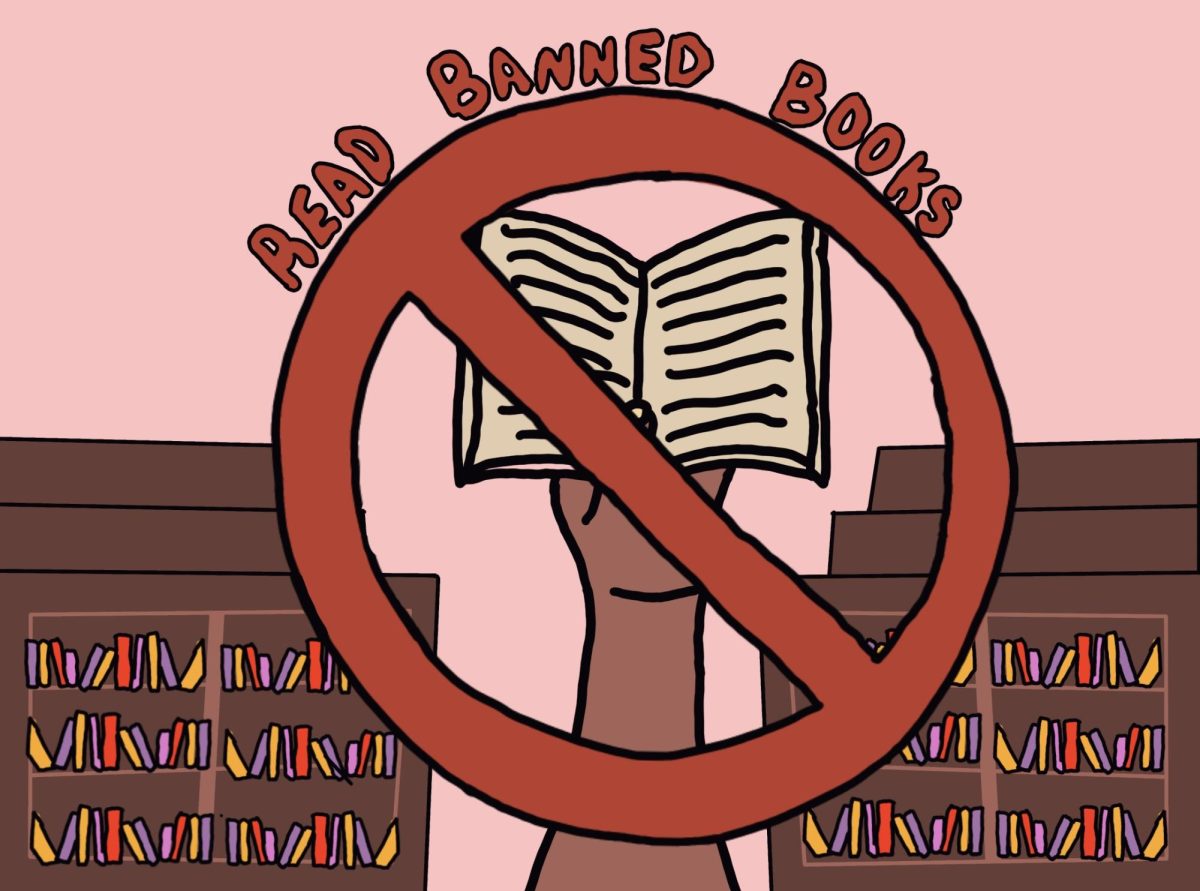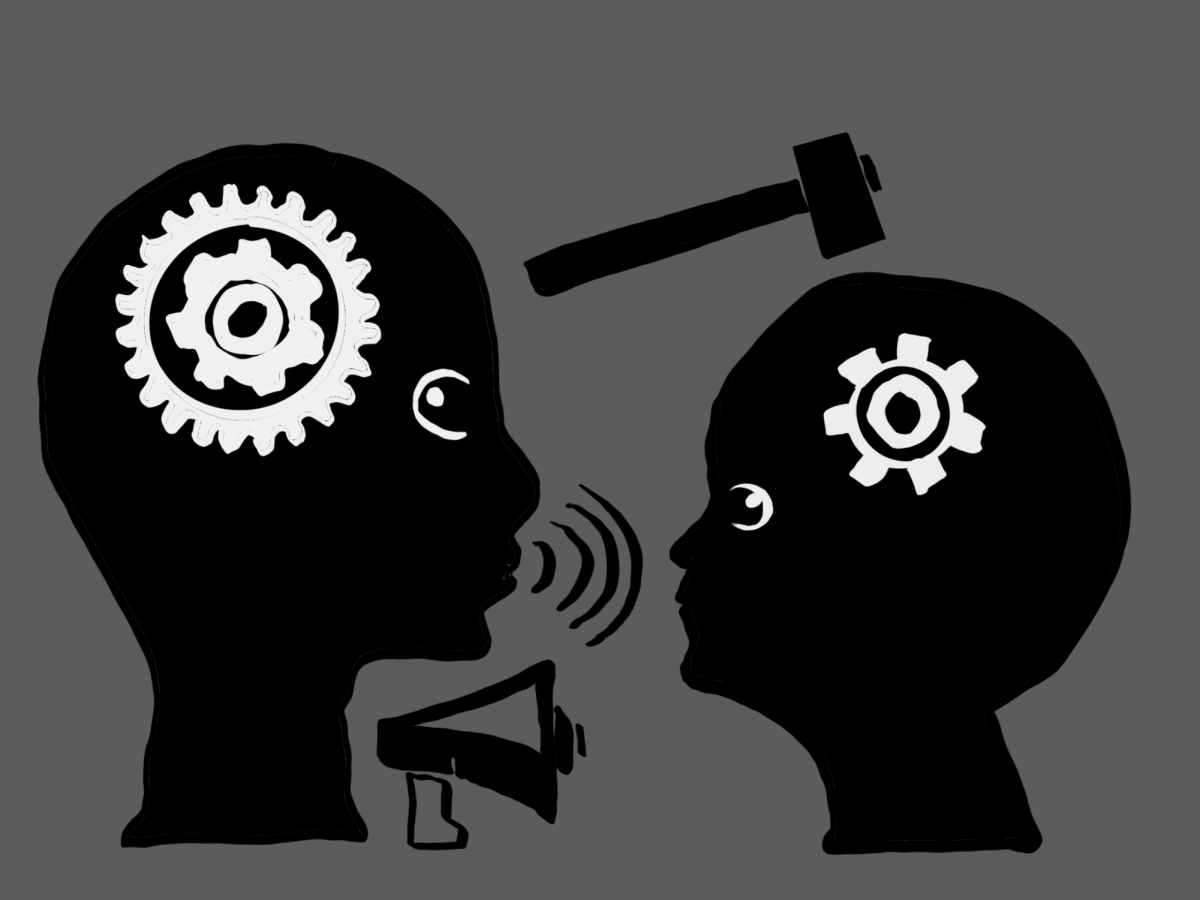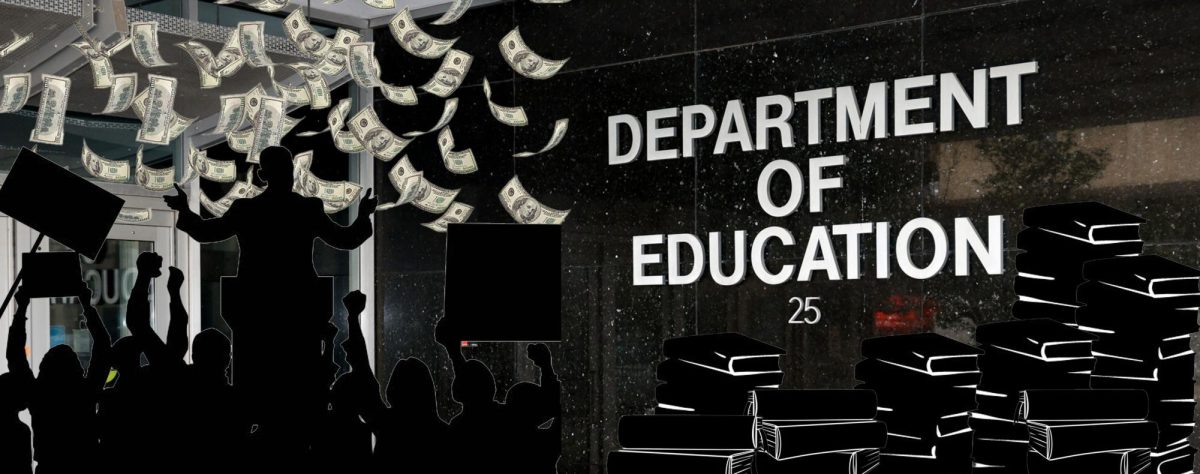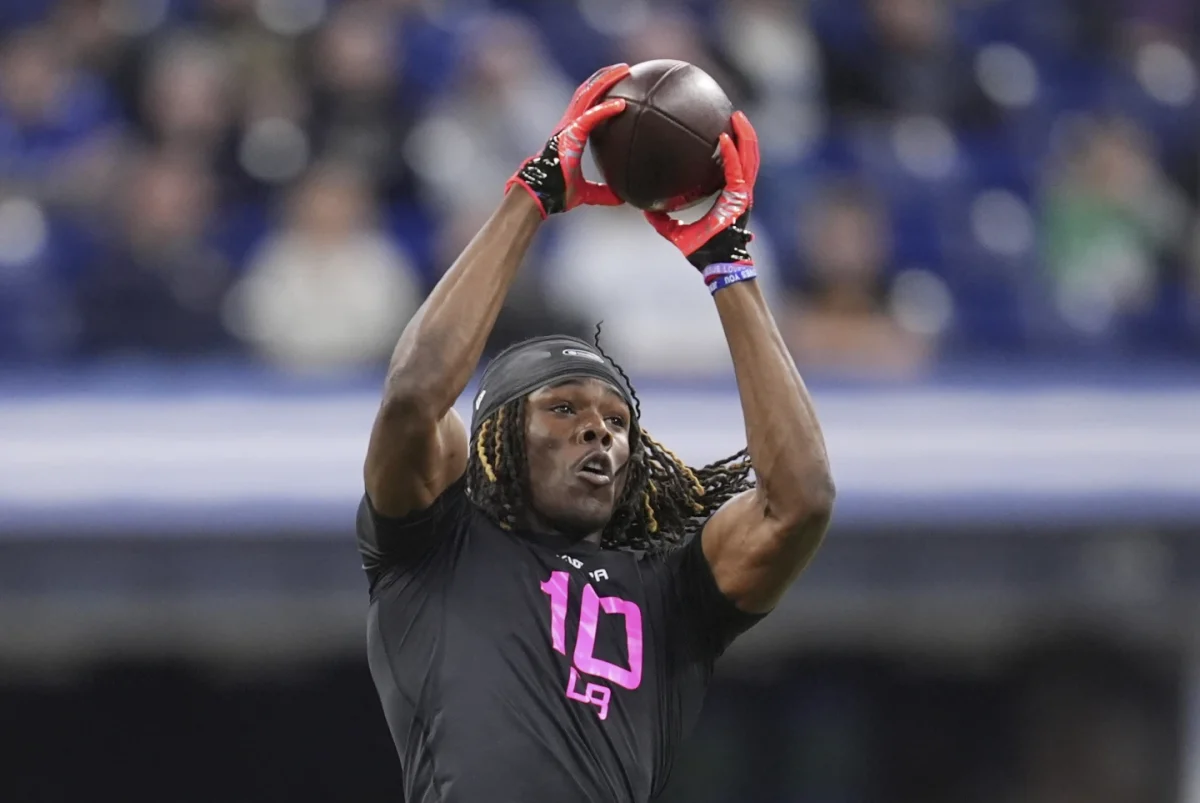Books are essential for learning. They stimulate one’s imagination and creativity while strengthening vital skills like vocabulary, memory and critical thinking. They introduce readers to new ideas and perspectives, shaping more empathetic individuals. A study done by the Kingston University in London found that people who enjoy reading books over using electronics are kinder and empathetic in social situations. However, despite positive effects, there has been increasing pressure from parents and community groups to ban certain books in school libraries. The books most typically targeted for bans involve themes relating to different minority groups or religions.
“30% [of banned books] [include] LGBTQ+ characters or themes and 30% include characters of color or discuss race and racism,” the website Banned in USA website states.
Contrary to popular belief, books do not impose ideas onto readers; rather, they teach them about these concepts, helping us raise a more accepting and inclusive generation. Therefore, instead of banning books, we should encourage students to read these so-called “controversial” titles to expose them to the diversity of the world.
The primary reason schools are being pressured to ban books is because some parents feel the books conflict with their social or moral values. However, they often overlook that their beliefs do not represent every student and family in the school system. Therefore, banning books about religion, race, or sexuality undermines students who do identify with those lifestyles. This reflects the lack of trust parents and communities have in their educators’ professional opinion as to why they bring diverse literature into their libraries.
“[Our book] collection also aligns with the school’s curriculum,” Elm Street Elementary School Librarian Kristen Moses said. “I seek to have books that reflect a range of cultures, experiences and perspectives so all students can see themselves represented in our collection.”
Censoring carefully chosen books is detrimental to students because restricting access to diverse perspectives takes away the chances to learn about different cultures, ideas and beliefs. This risks producing and raising close minded individuals instead of teaching them to be accepting of all.
“Book bans often target underrepresented voices and can reduce opportunities for our students to understand the struggles and experiences of others,” Moses said.
Another argument regarding book bans is that some topics are deemed too “heavy” for children to understand. However, limiting exposure to certain subjects deprives students from critically engaging with complex issues, hindering their ability to develop their own viewpoint. Additionally, censoring complex issues teaches students that certain ideas are viewed as “unacceptable” or “wrong.”
“[Banning books] can also further marginalize marginalized groups,” WHS librarian Aubrey Lamar said. “[I felt] deep concern for the potential censorship of information and access to diverse perspectives. It’s disturbing to think that free access to information is being undermined.”
Overall, banning books only has detrimental effects on students. Parents and communities that do not agree with certain book choices should embrace our evolving world filled with different cultures and ideas so that we can foster open-mindedness through the power of literature.















